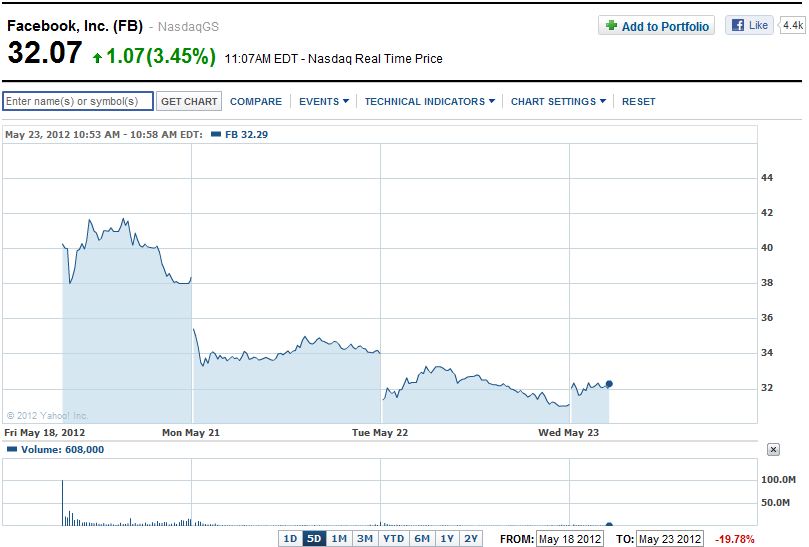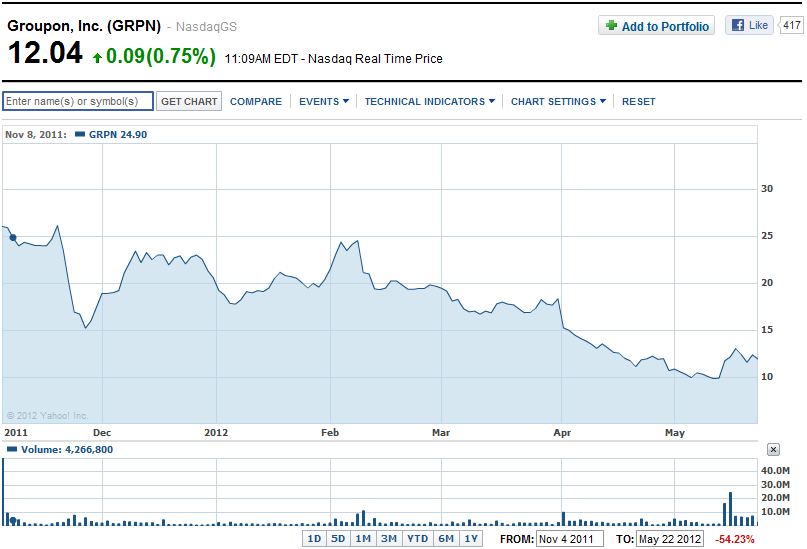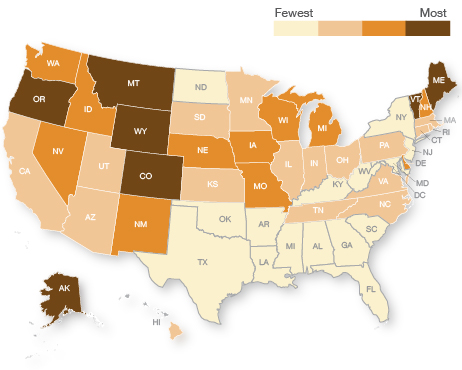The Atlantic's Max Fisher has a roundup:
Flipping through a few of the many English-language tourist guides provides a fascinating, if non-scientific and narrow, window into how people from the outside world perceive America, Americans, and the surprises and pitfalls of spending time here.
Of the many pieces of advice proffered, four of the most common are: eat with your fingers (sometimes), arrive on time (always), don't drink and drive (they take it seriously here!), and be careful about talking politics (unless you've got some time to spare). But they say more than that.
In many ways, the tour books say as much about the world as they do about the U.S., by highlighting the ways in which American practices and standards deviate. Anyone who's traveled widely, particularly in the developing world, will understand why these books are so emphatic about, for example, punctuality, personal space, and the unreliability of our trains.
All of them, of course, have sections on tipping. It's difficult to overstate how confusing that can be to foreign visitors.
I've got a deadline, which didn't stop me reading these articles (but did stop me posting thoughts about them):
Back to the mines...
Assuming the polls are correct, the contest in Wisconsin today will be close. Whatever the result, Scott Walker can hardly claim a mandate with somewhere around half the state wanting to take the unprecedented (for Wisconsin) step of yanking him from office. This is not trivial: voters have to overcome their natural disinclination to end a governor's term early, and then they have to select someone who lost an election just two years ago.
I look forward to the results.
Via reader AS, a frustrating story of suburban kids not allowed to bike to school:
[Saratoga, N.Y.,] Maple Avenue {Middle School]'s student body of 1,650 is delivered via 39 school buses—and as at thousands of other communities around the country, many parents elect to drive their children. Thus, every weekday morning, scores of idling cars line up behind dozens of buses disgorging waves of kids. Amidst this, Janette and Adam—each of whom was about 5 feet tall—seemed like a pair of diminutive daredevils wading into a tsunami.
As Adam locked his bike to a fence, a radio call came in to the administrative office. "Security told me that two bikes were getting involved with the buses," remembers the school principal, Stuart Byrne. "We hadn't heard from anyone beforehand. My assistant responded and said, 'Where are they?'"
An assistant principal, Robert Loggins, found Janette in front of the school, waiting for a lull in the traffic so she could depart. Adam had already gone inside.
"What are you doing here?" Loggins asked Janette.
Janette thought this an odd question. "It's Bike to Work Day," she said. "Did you ride your bike to school?"
"Bicycling isn't allowed at Maple Avenue School," said Loggins.
I imagine that when they grow up, the portly children of Maple Avenue School will drive to the gym twice a week.
Fortunately, the story has a (relatively) happy ending. But it highlights a number of symptoms that have created a generation of mentally-helpless children: helicopter parents, fear of lawsuits, car worship, middle-school assistant principals—evils which never seem to go away, despite clear evidence of the harm they cause.
At dinner last night with some of my B-school friends, conversation turned to the two most perplexing stock offerings of the last year: Facebook's and Groupon's. In both cases, the companies' very young owners and very rich venture capital investors got rich, but what happened after that? Here's Facebook's performance this week:

And Groupon's:

This morning, Groupon announced a proposed settlement in the class-action suit accusing them of practicing their well-known business model:
If you purchased or received a Groupon Voucher issued for redemption in the United States between November 1, 2008 and December 1, 2011, then you are a member of the class (“Class Member”) for purposes of this class action settlement, and may be entitled to receive settlement benefits, unless you are one of the following: (1) an employee of Groupon, Inc.; (2) a business with whom Groupon has partnered to offer Groupon vouchers (“Merchant Partners”); or (3) a parent company, subsidiary, affiliate or director or officer of Groupon or a Merchant Partner.
Facebook has its own problems. It's been a public company for less than three days, and already the SEC is investigating. Where they go, lawsuits surely will follow:
[R]egulators are concerned that banks may have shared information only with certain clients, rather than broadly with investors. On Tuesday, William Galvin, the secretary of state in Massachusetts, subpoenaed Morgan Stanley over discussions with investors about Facebook’s offering. The Financial Industry Regulatory Authority, Wall Street’s self-regulator, is also looking into the matter. The chairwoman of the Securities and Exchange Commission, Mary L. Schapiro, said Tuesday that the agency would examine issues related to Facebook’s I.P.O., but she did not elaborate.
Morgan Stanely, the banker in question, led both the Groupon and Facebook IPOs.
At least they didn't lose $2 billion last week gambling with money insured by us taxpayers.
This week's Charlemagne column:
THE Merkozy era is over. So how to label the partnership of Angela Merkel and François Hollande? Merging first names to make Frangela is too familiar for leaders who barely know each other. Homer is too American (or worse, Greek). Merkollande sounds too close to Merkozy. That leaves just the shortened Merde, which at least sums up the state of the euro.
I read this on the plane yesterday, sitting next to someone eagerly studying his Bible (with highlights!). I laughed so hard I scared him.
Of course, once I finished with the Economist I returned to Krugman's End This Depression Now!, which just mad me sad. I'm hoping against reason that between yesterday's G8 summit and today's NATO conference, the Western democracies finally—finally!—throw out the austerity programs that have made things worse for millions of people, and instead start getting people back to work.
Home to O'Hare: 39 minutes
Taxi to the other side of security: 6 minutes
TSA checkpoint to free drink at the club: 9 minutes
The weather is nearly perfect (for flying, anyway; I think it's too hot already), so I don't anticipate any delays flying out. And Air Force One doesn't get here until tonight, six hours after I leave. So, depending on Route 92, this might be one of my easiest trips ever. (It's got to be easier than the last time I flew.)
So, after hearing non-stop for a week about the massive disruptions due to the NATO summit, it turns out I have an hour to kill.
That's why I have This American Life on my iPod.
That said, I am kind of disappointed I won't get to see any of the world leaders. The Tribune reports that Pakistan's Zadari, Afghanistan's Karzai, and France's Hollande will all be here later today. And, as I've already mentioned, the big guy himself arrives at 8:45pm.
Update: Yikes! He's following me!
On Wednesday, the President ... will travel to California for campaign events in Atherton and Redwood City. The President will spend the night in San Jose, California.
On Thursday, the President will attend a campaign event in Palo Alto, California. ....
Two unrelated but interesting items. First, Walter Russel Meade rings down the curtain on OWS:
To some degree, it was killed by its “friends.” The tiny left wing groups that exist in the country jumped all over the movement; between them and the deranged and occasionally dangerous homeless people and other rootless wanderers drawn to the movement’s increasingly disorderly campsites, OWS looked and sounded less and less like anything the 99 percent want anything to do with. At the same time, the movement largely failed to connect with the African American and Hispanic churchgoers who would have to be the base for any serious grass roots urban political mobilization. The trade unions picked up the movement briefly but dropped it like a hot brick as they found the brand less and less attractive.
It is as if the Tea Party had been taken over by the Aryan Brotherhood and delusional vagrants while failing to connect with either evangelical Christians or respectable libertarians. The MSM at one point was visibly hungering and thirsting for exactly that fate of marginalization to happen to the Tea Party, and the MSM did its klutzy best to tar the Tea Party with that kind of Mad Hatter extremism. The Tea Partiers by and large (not always or cleanly) escaped the fatal embrace of the nutters and the ranters on their side of the spectrum; OWS was occupied by its own fringe, and so died.
On a happier note, NPR had a quick hit on craft brewing:
Beer production has been flat in the U.S. for decades — it's actually a tiny bit lower than it was 30 years ago (find a comprehensive data set here). And the number of big breweries has gone down.
But over the same time, the number of small, independent breweries in America has exploded. ... Craft breweries account for more than 95 percent of the breweries in America, but they make just 6 percent of the beer.
And here's a map of craft breweries per capita by state:

Via Sullivan, a suggestion from Dan McAdams about the difficulties some people have accepting natural selection theory:
A story is a narrative account of a motivated character who acts to achieve certain goals or ends over time. Every great story you can think of—from Homer’s Iliad to your favorite television show—involves characters who pursue goals over time, characters who want something and set out to achieve it. In this sense, the classic biblical creation stories are very good stories. You have a main character—God, the creator—who sets out to achieve something over time. There is purpose and design to what God, the main character, does. God is an agent—a self-conscious, motivated actor. All stories have agents.
Evolutionary theory, however, is not a story in that there is no prime agent, no self-conscious and motivated main character who strives to achieve something over time. For this reason, there is no overall narrative arc or design, no purpose that is being achieved by a purposeful agent. Instead, you have random, mechanical forces—variation, selection, and heredity. Bad story! But, at the same time, extraordinarily brilliant and elegant theory, for it provides a compelling and scientifically testable explanation for life on earth.
This dovetails well with a book I read two weeks ago, Chris Mooney's The Republican Brain. Mooney doesn't suggest that people who deny the obvious—like evolution or climate change—are stupid; rather, they have compelling psychological and historical reasons for believing what people like them tell them. Mooney makes it clear that we need better stories, better narratives, to help people understand and accept the counter-intuitive ways the world actually works. But McAdams has a point: some people need narratives, and narratives need actors. Natural selection works without any conscious intervention. Climate change happens because of billions of diverse actors.
Pointing out how people have got things wrong doesn't work. We need to speak the same language.